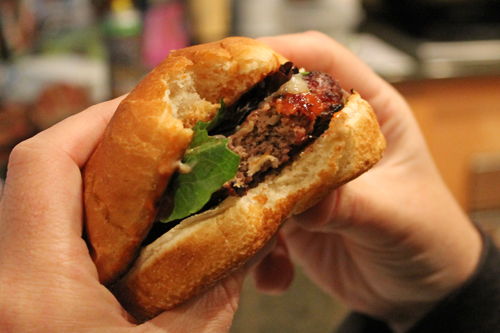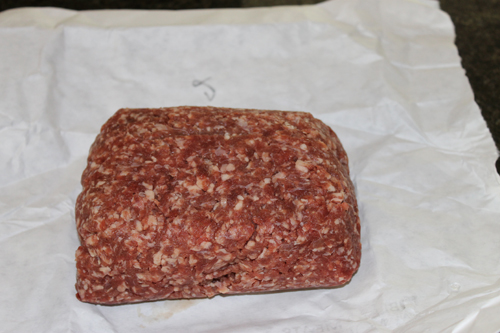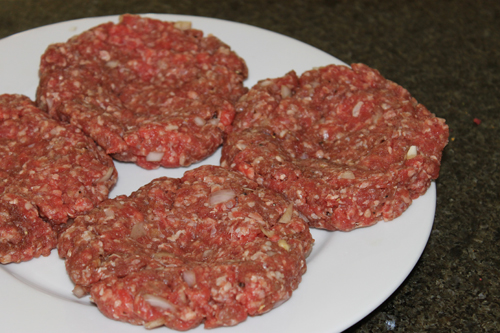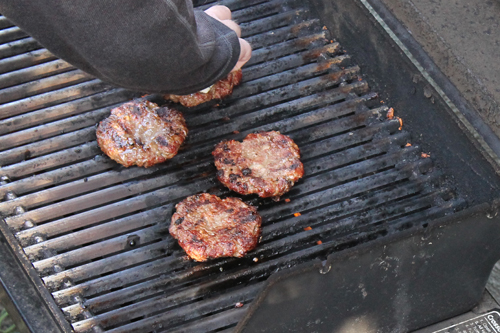Happy National Hamburger Month! In honor of this made-up celebration of all things burger, let's get to the meat of the matter. When the weather is nice -- usually sunny, but let's be honest about where we live and include mildly foggy -- it's time to grill. And although you can get fancy on your Weber, nothing is easier or more satisfying to cook outside than an all-beef burger (unless of course you're vegetarian, in which case this post isn't for you). Plus after a winter of braises and stews, nothing inaugurates summer like a perfectly grilled burger sitting on a fluffy bun.
But not all hamburgers are made equally. There is an enormous difference between handmade burgers and the patties you find in a grocery store freezer section, which are really nothing short of inferior-grade beef hockey pucks. Plus making truly fine burgers takes only about five to ten minutes longer than preparing the frozen variety (depending on if you grind your own meat), and the time spent is well worth it. And if you're still not convinced, you can read this great piece in the New York Times called Anatomy of a Burger which details the process meat corporations go through to produce their ground meat. Just saying...
Please note that this article has nothing to do with turkey, lamb or pork burgers, and there are no discussions on toppings or condiments. No, our attention here is solely on beef patties: how to make, season and cook them. That's all. So with that in mind, let's now focus on how making a great burger is really a fairly plain and simple endeavor. Here are 10 helpful tips to keep in mind:
10 Tips for Making Great Hamburgers




